
Researchers have designed new software tools that will enhance the engineering of drugs.
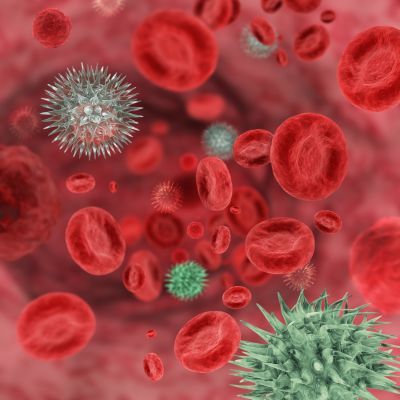
Cancer represents one of the leading causes of mortality worldwide. Efforts to delineate the mechanisms implicated in cancer onset and progression will have important socioeconomic consequences.

Part of the ageing process is developing low-grade inflammation called inflammaging. To treat this condition, an EU-funded project is working on a dietary approach.

An EU-funded study examined the landscape of personalised health systems (PHSs) to critique the current system and outline means for improvement.
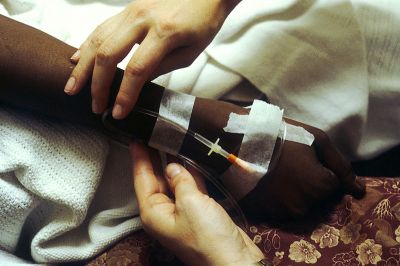
Assessing and predicting the efficacy and toxicity of cancer chemotherapy during the course of treatment would be extremely beneficial. European scientists are very close to accomplishing this with an enzyme detector device.
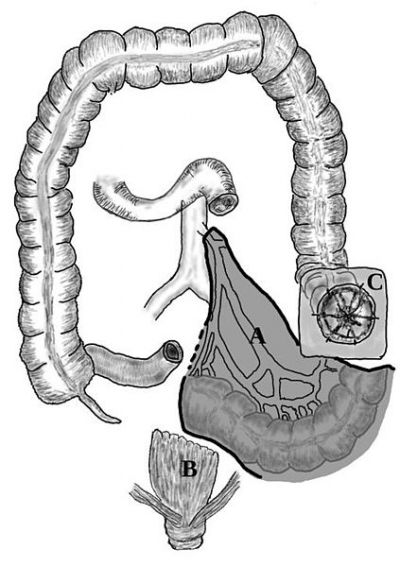
European experts in the field of clinical and experimental immunology are studying NF-kappa-B signalling dynamics and oscillations in inflammatory bowel disease (IBD). The long-term goal is to identify biomarkers that could be exploited for disease prediction, diagnosis and stratification.
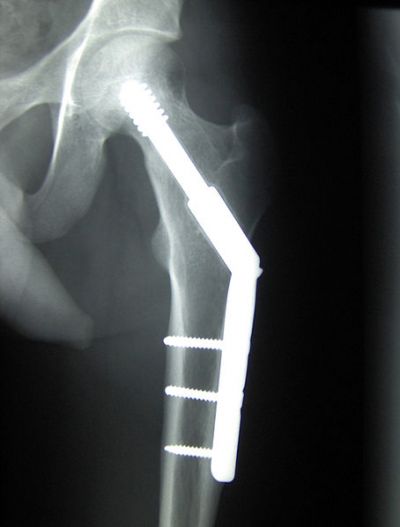
Bioceramics are materials made of alumina or hydroxyapatite, a calcium phosphate mineral. They can be used in the body to replace a functional part like bone material, hips or knees.
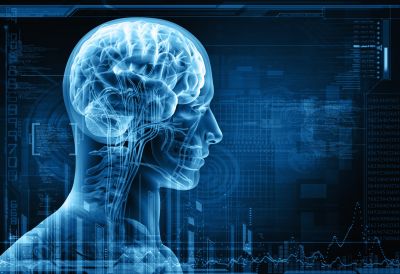
Unlike in other tissues, a complex flow of information between brain cells regulates blood supply. Elucidation of the mechanisms coupling brain energy supply to energy use is essential for understanding mechanisms of neuropsychiatric disorders.
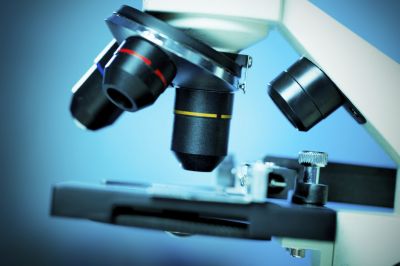
Characterising the interaction of bacteria with the human body should lead to a deeper understanding of human biology and improve our overall well-being.
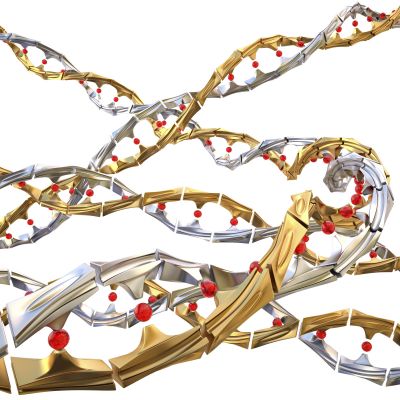
Understanding how cells respond to DNA damage in normal or pathological conditions is of great importance for therapy and cancer.

One of the most challenging topics in neurophysiology is to identify and study the two-way connection and feedback between the brain and the muscles. Potential clinical applications of such research include the development of new neurorehabilitation procedures and brain–computer interfaces.

The availability of molecular techniques has paved the way for personalised medicine. An EU-funded project offers a research training programme combined with sophisticated statistical methodologies.
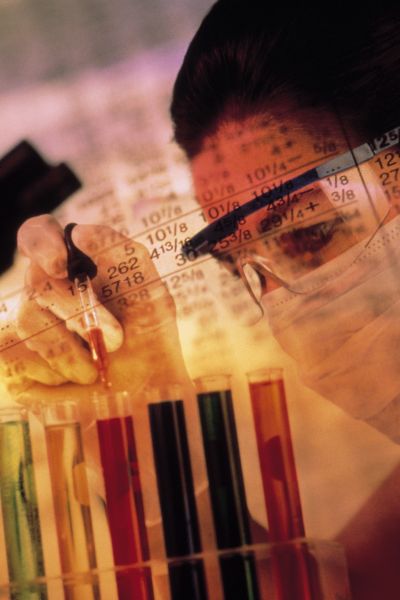
Antibiotic resistance is proving to be a major challenge for modern medicine. To overcome this, innovative solutions for screening new drugs and interventions are required.
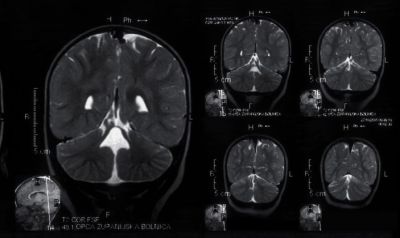
Slowing down the process of neurodegeneration is desirable to improve the life of affected individuals and their families. For testing neuroprotective drugs, innovative monitoring tools and biomarkers associated with different disease stages are needed.
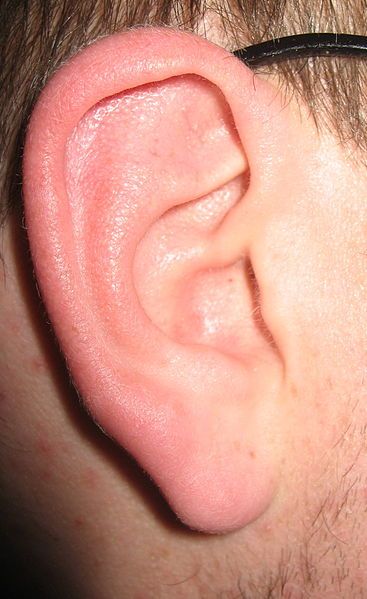
An EU-funded project is investigating the use of a micronutrient combination to prevent and even treat hearing loss.
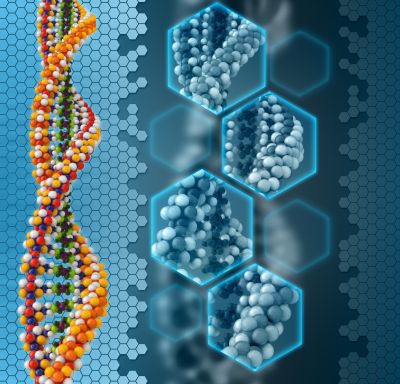
Cystic fibrosis (CF) is the main genetic cause of death in Caucasian children. Combining genetic and cellular therapy opens new perspectives for effective treatment.
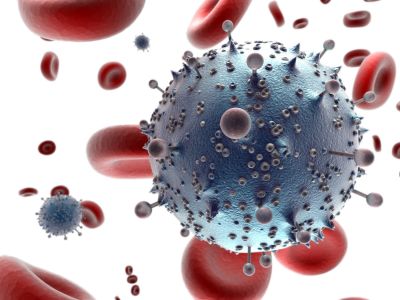
Control of the evolution of tumour physiology in response to treatment is necessary for successful therapy. Optical technologies are emerging as promising tools for early and frequent monitoring.
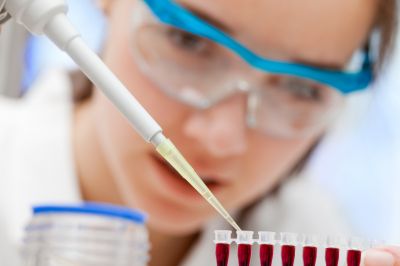
Understanding what causes epilepsy in humans is the only way to halt disease progression. In this context, a European group tracked down the genes that cause epilepsy to design novel treatments.

Why does one cancer patient survive when another does not, despite receiving the same treatment? An EU-funded project is developing software and training future researchers to help answer this question.
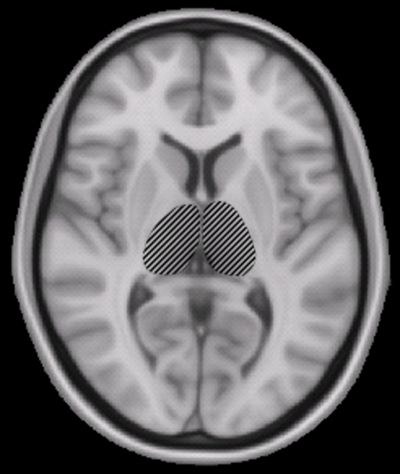
Crucial for survival, spatial memory is the formation and recall of objects and their location in space. Research is delving into the areas of the brain responsible and in particular, the extent of lateralisation – right or left brain-centred.

Novel safe and effective vaccines to induce protective immune responses against HIV in humans are in the pipeline thanks to EU research.

EU-funded researchers are behind a pioneering clinical trial that could one day offer Parkinson’s disease sufferers a new lease of life.
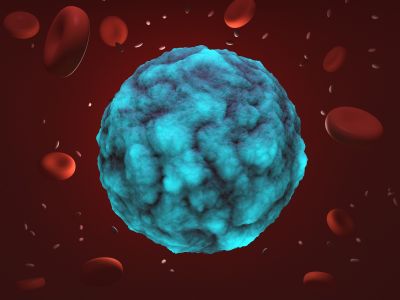
Cancer statistics in Europe are stark: according to the World Health Organisation (WHO), the disease causes 20 % of deaths in the European Region. With more than 3 million new cases and 1.7 million deaths each year, cancer is the most important cause of death and morbidity in Europe after cardiovascular diseases.

Scientists have published the world’s largest index of human protein interactions, which could help identify cancer genes.
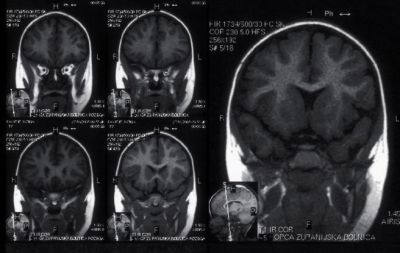
An EU-funded clinical trial is underway to see if personalised vaccines targeting individual patient needs can lead to better survival rates.























